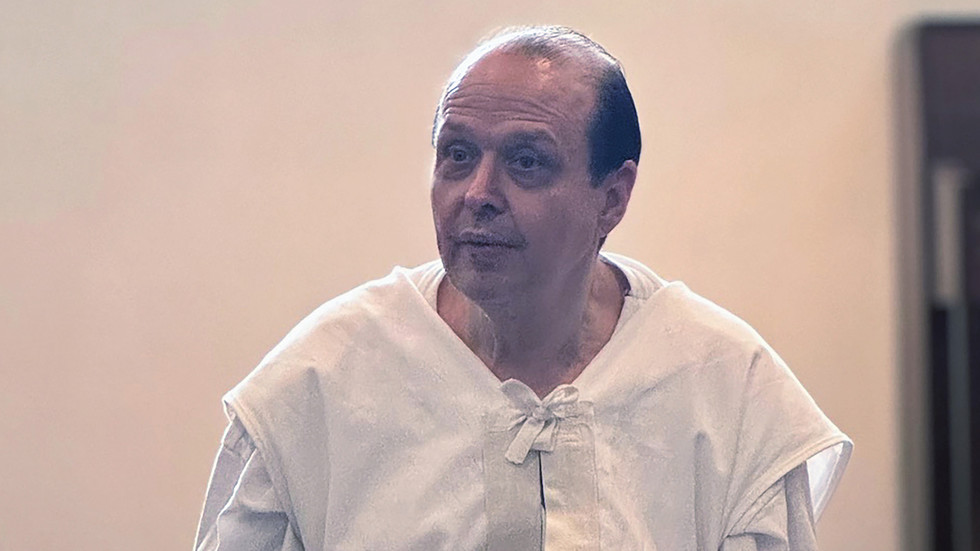World
Last-Minute Decision: Texas Pauses Scheduled Execution

Texas officials made a last-minute decision to pause an execution, sparking discussions about the implications for the state’s death penalty policies and legal proceedings.
The Texas Supreme Court has postponed the execution of a death row inmate because he was subpoenaed to testify regarding his controversial conviction, where questions have been raised about the scientific evidence that led to the verdict.
The execution of Robert Roberson, 57, was halted by an injunction issued last Thursday. He is set to testify before members of a Texas House committee on Monday.
Roberson’s case has drawn attention to the theory of shaken baby syndrome, a diagnosis that was once widely accepted and supported criminal prosecutions but is now facing growing scrutiny due to advancements in science.
In 2002, Roberson faced accusations of murdering his two-year-old daughter, Nikki Curtis. The following year, he was sentenced to death after prosecutors claimed that he violently shook the toddler back and forth, resulting in fatal head trauma.
Court records, referenced by the Washington Post, reveal that in the days leading up to Nikki’s death, a doctor diagnosed her with a viral infection and fever. Roberson recounted that on the morning of his daughter’s passing, he discovered she had fallen out of bed. After comforting her back to sleep, he later found her limp and unresponsive and rushed her to the emergency room.
According to the records reviewed by the newspaper, a CT scan discovered a minor bleed on the surface of the girl’s brain and indicated swelling that caused it to shift to one side. Additionally, doctors did not find any other indications of abuse.
According to reports, Roberson’s attorneys contended that he was wrongfully convicted of a crime because his daughter had actually died from natural causes due to severe viral pneumonia. Simultaneously, the Post highlighted that medical professionals were trained to recognize three specific symptoms—collectively termed “the triad,” comprising brain swelling and bleeding on both the surface of the brain and behind the eyes—as definitive indicators of shaken baby syndrome. This diagnosis served as evidence for violent child abuse in cases where no eyewitnesses were present.
Roberson was scheduled for execution by lethal injection on Thursday, but a coalition of bipartisan lawmakers, medical experts, and the case’s former lead prosecutor intervened to postpone it. Their efforts delayed and ultimately halted the execution in a surprising turn of events in a state known for having the highest number of executions nationwide.
Lawmakers from the Texas House Committee on Criminal Jurisprudence have unanimously voted to issue a subpoena for Roberson, aiming to postpone his execution. This decision reportedly followed a hearing that was convened to evaluate the effectiveness of a 2013 state law referred to as the “junk science statute.” This law permits defendants to contest their convictions if new scientific evidence casts doubt on what was presented during their original trial.
